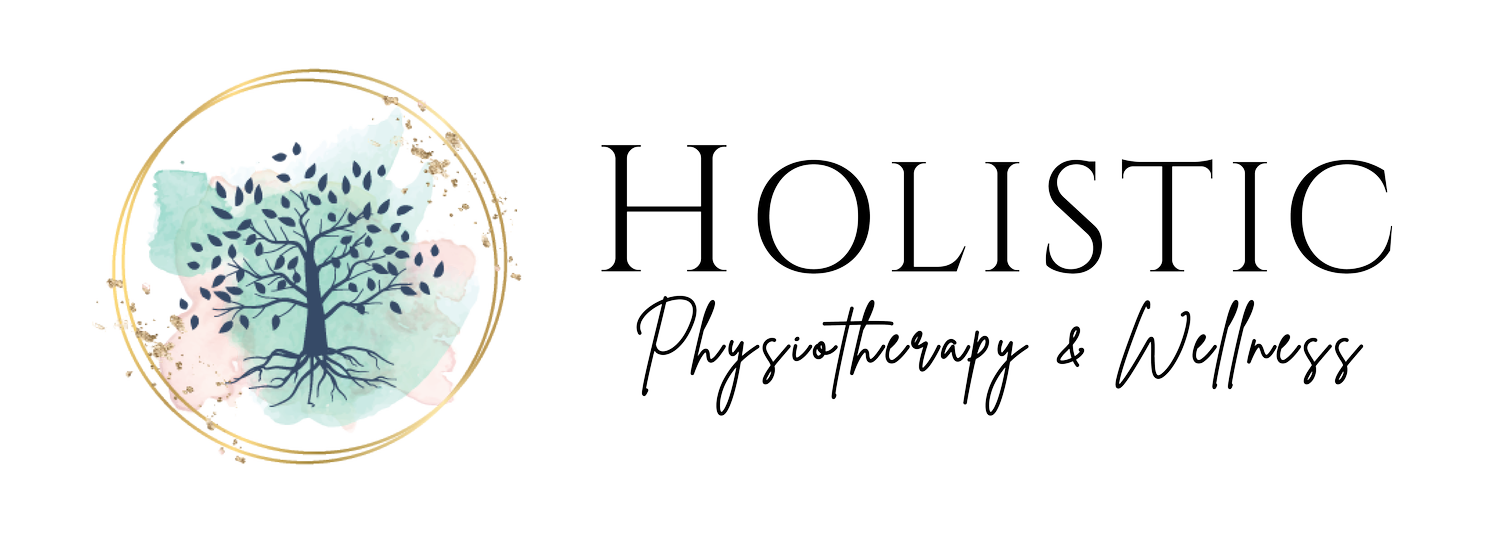Functional Nutrition for Perimenopause Support
By Barb Beavis
Functional Nutritionist | Sept 18, 2023
Before menopause, there is perimenopause. If you’re not familiar with it, or only vaguely familiar with it, there’s a reason for that. It’s simply not talked about enough, which means many women are either taken by surprise or simply never learn the root cause of perimenopausal symptoms.
Perimenopause is a period of time when a woman begins to transition out of her reproductive and into menopause. If your periods suddenly become irregular, you’re more irritable than usual, weight starts sneaking up on you, and you can’t sleep, you’re NOT crazy. These may simply be your body’s way of telling you that your hormones are undergoing a shift.
It shocks many women to learn that perimenopause may span 8-10 years - almost a decade! - before the transition into menopause is complete. The signs and symptoms of perimenopause are caused by a significant reduction in levels or the hormones estrogen and progesterone. In addition to the signals above, women may find themselves with irregular periods, breast tenderness, acid reflux or gut inflammation, vaginal dryness, brain fog, and the signature perimenopausal hot flashes.
It doesn’t have to be like that, though! Many of the effects of this transitional period can be reduced or overcome through functional nutrition. Metabolic health and hormone levels are intimately connected and, as hormone levels go down, the way our bodies store and use nutrients and energy change. By understanding all those factors, we can make a plan to work with your changing body - instead of fighting against it.
Nutrition is critically important when it comes to controlling hormones. When you come to see a functional nutritionist about perimenopause, we evaluate hormone levels and any imbalances in addition to any general vitamin, mineral, and nutrient deficiencies that might be affecting your health.
We also want to take a close look at your gut health. The gut and your brain are so closely connected that poor gut health can contribute to anxiety, depression, and sleep interruptions that often accompany perimenopause.
Once we’ve completed a thorough review, we can customize a game plan that works within your lifestyle and helps you sail through perimenopause and onto the next glorious stage of your life.
Of course, you don’t need to see a functional nutritionist to take steps towards a healthier balance in this life stage. By eating a diet rich in fruits and vegetables, you will likely reduce any aggressive symptoms. Oily fish, fresh legumes, and folate-rich foods are also extremely beneficial.
Here are some other things to consider in these transitional years:
Protein!! Eating enough protein is important because aging can reduce muscle mass, strength, and tone, along with impact to metabolism. Protein during perimenopause can help maintain metabolism and muscle tone, and it also is a component of many hormones.
Calcium and Vitamin D: As your body's estrogen production decreases during perimenopause, bone loss can speed up, since estrogen plays a role in getting calcium into our bones. Getting enough calcium, in the presence of adequate vitamin D, helps prevent bone loss and reduces the risk of fracture and even osteoporosis.
Omega 3: Omega-3’s deliver nutrients to your brain and help to balance hormone levels. This can ward off some of the more common symptoms of perimenopause like depression, mood swings, and even hot flashes.
You’ll probably have noticed by now that most nutrition plans that are good for your body suggest avoiding the same things: highly processed foods, added sugars, refined carbs like pasta and bread, and keep alcohol to a minimum.
For a more customized plan to balance your hormone levels and avoid the common side effects of perimenopause, schedule a functional nutrition consultation by clicking the button below!
Exciting things are ahead in this next stage of your life. Let’s just make sure you feel great so you can enjoy all the wonderful things coming your way!


